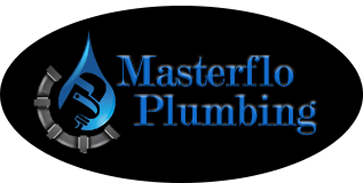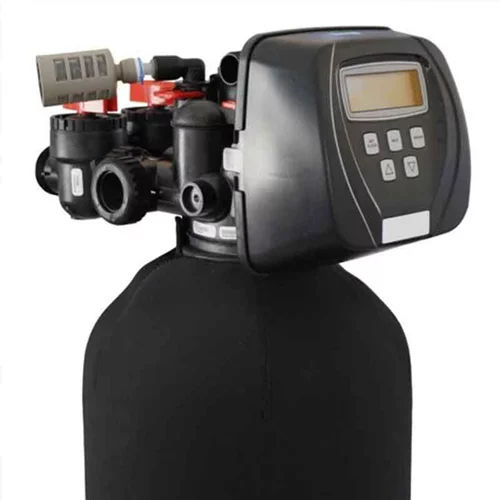Easy Plumbing Fixes
Plumbing problems are never a good thing and can give many homeowners heat palpitations! Often, plumbing problems result in calling a professional plumber and sometimes spending hundreds (or thousands!) of dollars for a solution. Fortunately, we’ve got some easy plumbing fixes for you!
While its almost certain that you will face a number of plumbing problems throughout your life time, the good news is that there are many common plumbing problems that can be solved fairly easily and without a plumber. If its not a problem that can be solved completely on your own, there are some things you can do to prevent the problem from worsening and causing further damage.
Today let’s take a look at some easy plumbing fixes!
Hot Water Heater Problems
No hot water? Or do you have luke warm water? Are you running out of hot water too quickly?
- Make sure your pilot light is lit
- Double check your temperature setting
- If you’ve got a big family or you use unusually large amounts of hot water, you may need a larger hot water heater or a second hot water heater installed
Clogged Drain
Is your drain clogged up? Is the water backing up into your sink?
- Try not to pour hot grease or oils down your sink drain
- If its already backed up, try to use a different sink
- Don’t use chemical drain cleaners that you find in the store
- Try using a plunger to move the clog
Stinky Drains
Do you cringe every time you’re near your sink? Are there foul odors coming out of your drains?
- If you have a garbage disposal run it every time you put food in it
- Try pouring vinegar and baking soda down the drain and flushing it with hot water
Leaky Pipes
Do you see water damage on your floors, walls, or ceilings? Do you hear a leak coming from your pipes?
- Leaky pipes occur due to age
- If you notice a leak shut off the water supply to that area
- Pipe repair should only be done by a licensed, professional plumber
If you live in Marietta, GA and are facing any of these common plumbing problems, call us today at (678) 822-7095! At Masterflo Plumbing we have a huge team of professional plumbers who have the knowledge, training, and experience necessary to deal with your plumbing problems correctly the first time!





